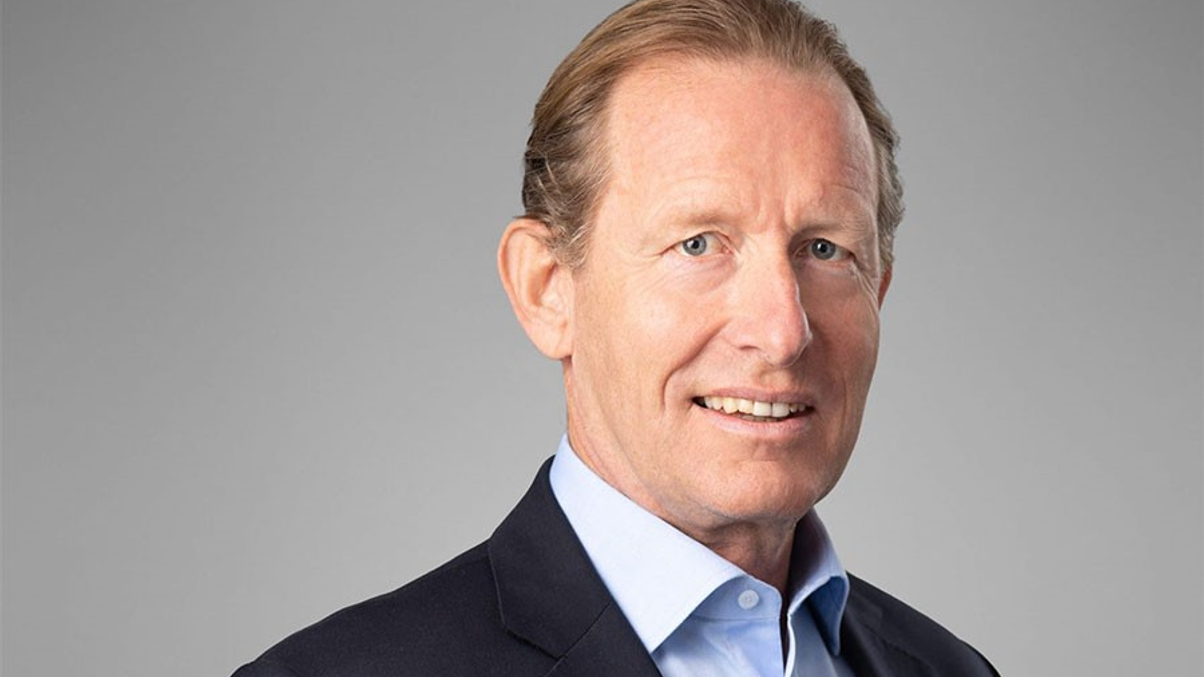Executive Exchange: 12 questions with Christopher Botsford
In this edition of our monthly Q&A, we get behind the scenes with the founding partner of private credit specialist ADM Capital.

NAME: Christopher Botsford
Sign in to read on!
Registered users get 2 free articles in 30 days.
Subscribers have full unlimited access to AsianInvestor
Not signed up? New users get 2 free articles per month, plus a 7-day unlimited free trial.
¬ Haymarket Media Limited. All rights reserved.


